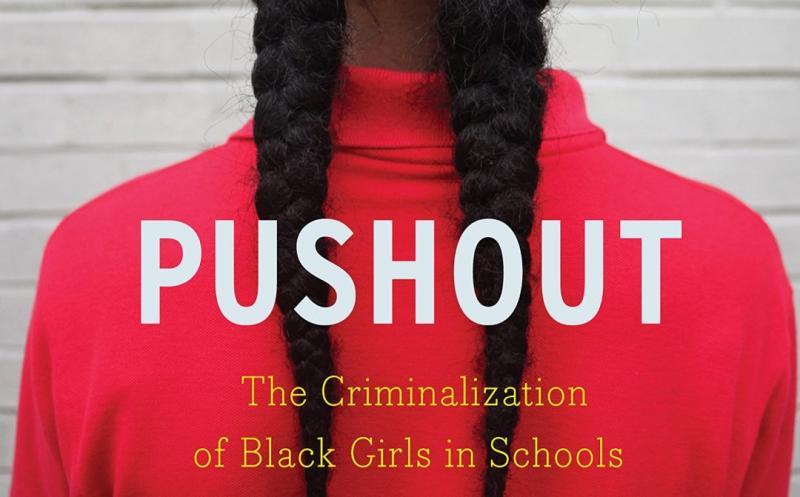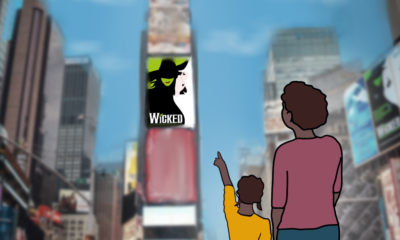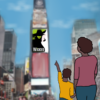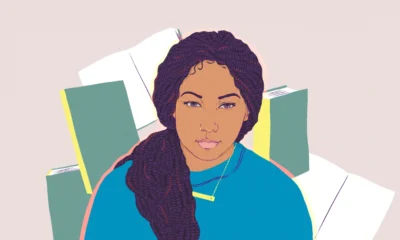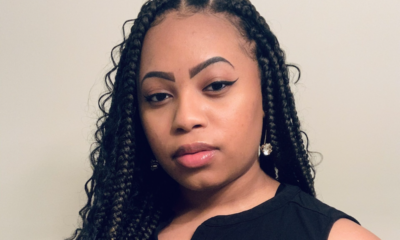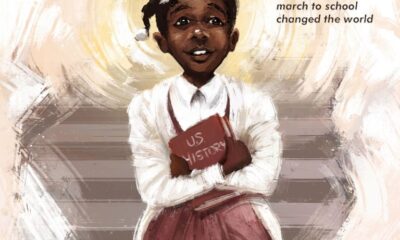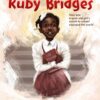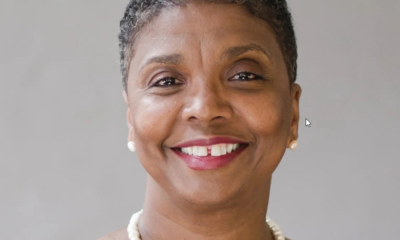Black Women in Education
Unsolicited Endorsement: ‘Pushout: The Criminalization of Black Girls in Schools’
For her second book, Pushout: The Criminalization of Black Girls in Schools, economic and social justice scholar Monique Morris focused her research on the unique penalties Black girls endure in the education and justice systems, dispelling any aspirational illusions that teachers and school administrators apply zero-tolerance policies equitably across race and gender.
Morris argues that just as conversations about police killings of unarmed Black people tends to center Black boys and men, understandings of the school-to-prison pipeline disregard the realities of Black girls and women who are more likely to be charged with misdemeanors and status offenses. Morris calls this distinct phenomenon the school-to-confinement pathway and asks: How educators can expect Black girls and teens to invest in classrooms that do not value them? How can Black girls recover academically when truancy charges further interrupt their access to education?
Though she weaves scholarly data throughout her prose, Morris centers the personal narratives of Black girls in Pushout. Morris spent countless hours in detention center visitation rooms as teens like Faith describe how a teacher equated her asking too many questions with being “disruptive.” They tell how school administrators caused them shame through differently applying dress codes, including being sent home for “distracting” classmates with their natural hair.
Morris also illuminates the impact of trauma on girls’ interaction with the justice system. According to the National Council on Crime and Delinquency, up to 90% of girls in detention have experienced some form of sexual, emotional or physical abuse. When girls most need support from schools, the system fails them; for Black girls, that failure includes punishment. Implicit racial biases mean that teachers are more likely to perceive their coping behaviors as “bad attitudes” and …
Please read original article- Unsolicited Endorsement: ‘Pushout: The Criminalization of Black Girls in Schools’



